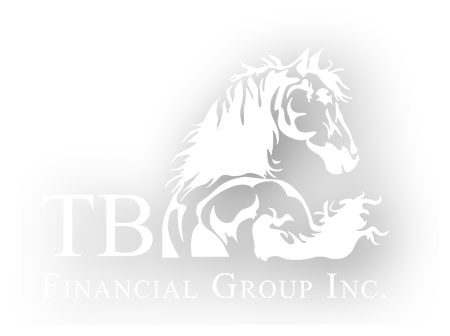If you’re nearing retirement, you likely have some big decisions ahead of you. Among those is what to do with your 401(k) plan. Given that your 401(k) may be one of your largest retirement assets, it’s important that you consider all your options. Your retirement could last decades. The decisions you make today regarding your 401(k) could determine whether those funds last through your lifetime.
You have a few options available for your 401(k) after you retire. Each has its own set of advantages and considerations. Below are three of the most commonly used 401(k) strategies for retirees:
Take a lump sum.
One option is to simply cash out and take all your 401(k) funds in one payment. This option has the advantage of giving you a large amount of money and the freedom to do whatever you want to do with it. Going this route does come with some significant drawbacks, however.
First, the distribution is fully taxable. And since it’s more than likely a large sum, it may put you in a higher tax bracket, forcing you to pay more than you otherwise would. On top of that, if you’re under age 59½, you’ll have to pay an early distribution penalty.
Another disadvantage of taking a lump-sum payment is that you’ll lose out on future tax-deferred growth that you otherwise would have received if you’d left the money in the plan. Remember, you may need your funds to last for decades. You will likely need some growth to make that happen. Tax deferral can boost your growth and help you sustain a healthy account balance.
Keep it where it is.
There’s nothing that says you have to do anything with your 401(k) plan after you retire. You could simply keep it in your employer’s plan. This may be the simplest option. Since you know and understand how the plan works, you may feel more comfortable keeping your money there. You also might like the investment options the plan offers. Keeping the funds in your employer’s plan also lets you avoid taxable distributions or early distribution penalties.
Leaving your money in your employer’s plan, however, could limit your options. You will only have access to the investment options in the plan. It’s possible that those options may not align with your risk tolerance in retirement.
Also, if you have other investment accounts like IRAs, it could become difficult to manage them all. It can often be difficult to implement a cohesive, unified strategy across multiple accounts. What’s more, having a 401(k) in addition to other retirement accounts leaves one more account for your beneficiaries to track down after you pass away. That gives them another task and step of complexity during an already challenging time.
Roll it into an IRA.
Another option is to roll your 401(k) plan into an IRA. By doing this, you can avoid a taxable distribution or early distribution penalties. The funds in your new IRA will also grow tax-deferred just like they did in your 401(k). One of the biggest benefits of taking this option is that you can gain more freedom as to where you can invest your money. This can be a good option if you are looking for similar benefits but want more control of your retirement funds.
Searching for a retirement planning strategy to fit your needs? Let’s start the conversation. Give us a call at TB Financial and discuss your goals with a financial planning professional today.
This information is designed to provide a general overview with regard to the subject matter covered and is not state specific. The authors, publisher and host are not providing legal, accounting or specific advice for your situation. By providing your information, you give consent to be contacted about the possible sale of an insurance or annuity product. This information has been provided by a Licensed Insurance Professional and does not necessarily represent the views of the presenting insurance professional. The statements and opinions expressed are those of the author and are subject to change at any time. All information is believed to be from reliable sources; however, presenting insurance professional makes no representation as to its completeness or accuracy. This material has been prepared for informational and educational purposes only. It is not intended to provide, and should not be relied upon for, accounting, legal, tax or investment advice.
16295 – 2016/12/19

